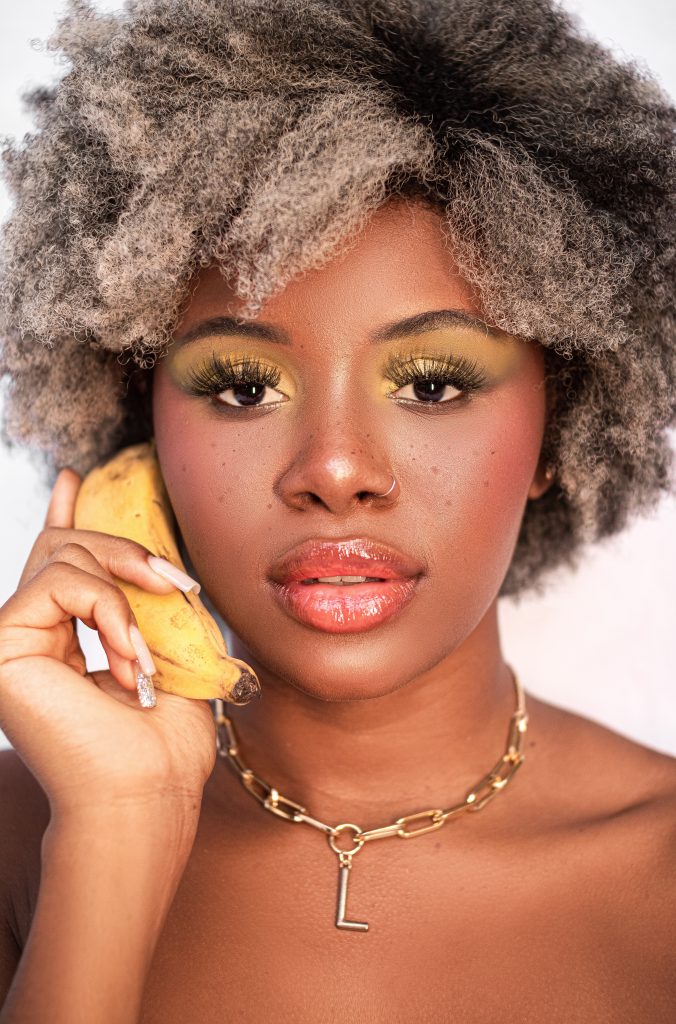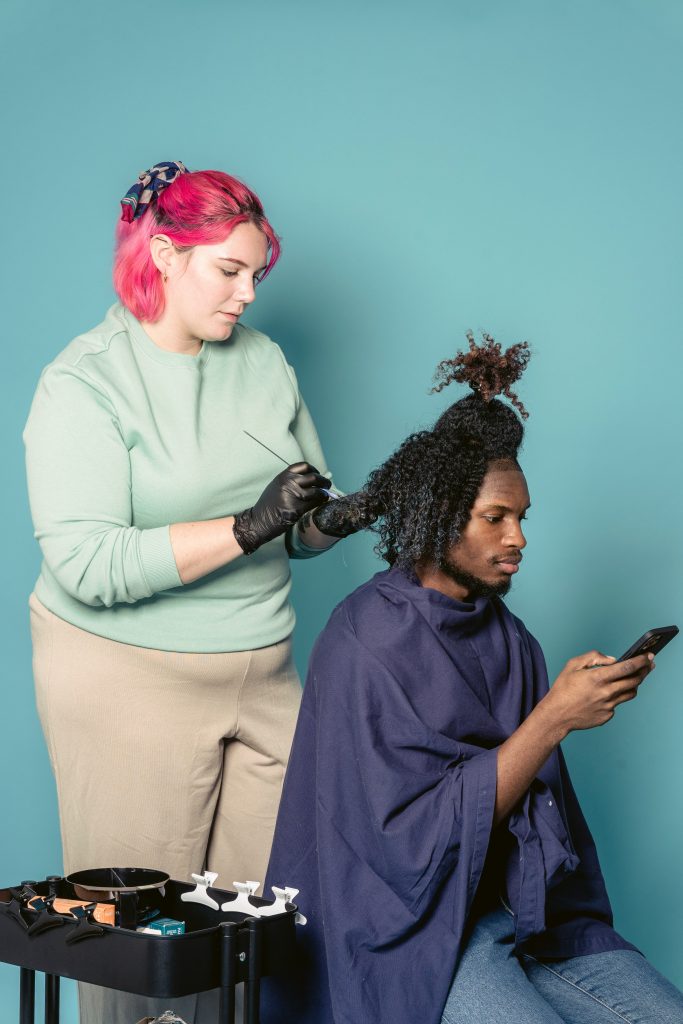
Can hair dyes cause hair loss? How long do hair dyes last? Can hair dyes cause cancer? These and many more are questions people ask when it comes to dying their hair. This is a compilation of answers to your frequently asked questions about hair dyes and how they affect hair health. It also contains a list of how to safely dye and maintain your hair.
What are hair dyes?
Hair dyes are chemical treatments people use to change or maintain the appearance of their hair color. Dyeing your hair is a fun way to switch up your looks. Hair dyes are made from ingredients ranging from natural to petrochemicals(by-products of petroleum).
Difference between hair dyes and hair bleaches
Hair dyes are used to change the hair’s natural color, while hair bleaches are used to brighten hair color. This means that bleaches can only lighten your natural hair color; they can’t give you a different color.
Does dyeing your hair damage it?
Yes. Dyeing your hair can alter your hair texture or even weaken your hair strands. When not properly applied, dyes can cause serious damage to your hair leading to hair loss. Sudden changes on your hair strands can cause severe damage to it. This is why a patch test is always recommended when trying out new products.
How can hair dyes damage my hair?
Repeated exposure to hair dyes without proper care can:
- Alter your hair texture
- Weaken your hair strands and increase breakage.
- Strip your hair of its natural oils leaving it dry and brittle
- Lead to hair loss

How can I dye my hair without damaging it?
We recommend dyeing your hair at salons to get adequate professional advice and care. But if you’re doing it by yourself, you can find these tips helpful.
- Always do a patch test. A patch test should be done a few days before your appointment. This will help avoid any potential irritations and confirm that the dye is safe for you to use.
- You don’t need to wash your hair before dyeing it.
- Avoid using heat styling tools on your hair immediately after dyeing it. Heat will weaken your hair and cause more damage.
- Avoid using shampoos containing sulfate to wash the dye off. Instead, use sulfate-free shampoos with moisturizing conditioners.
- Don’t leave the dye on for more than the recommended time. The longer it stays, the more harm it can cause to your hair.
- Don’t wash your hair too often after dyeing. Avoid washing with hot water too.
- Applying a proteinbased hair mask on dyed hair will deeply hydrate your hair strands and restore lost nutrients.
- Keep your colored hair moisturized at all times. Some dyes contain ingredients like hydrogen peroxide that will dry up your hair and cause breakage.
- Avoid making tight hairstyles. Your hair is vulnerable at this stage and will break from the tension.
- Try as much as you can to not let the dye come in contact with your scalp. This can be done by sectioning your hair and holding it with hair clips.
Is there a remedy for damaged hair?
Yes. Damage caused by hair dyes is redeemable. Growth rate can however vary depending on the severity of the damage and the care given to it.
How long do hair dyes last before fading?
- Temporary hair dyes: These dyes can only withstand 1-2 “wash-days” before fading off. This is because they only coat the hair strands without penetrating. They’re great for coloring grey hair as hair structure weakens with age and shouldn’t be loaded with too many chemicals.
- Semi-permanent hair dyes are a much safer alternative for people with contact dermatitis(sensitive skin). This is because they don’t contain chemicals like ammonia and peroxide. These dyes penetrate the hair strands but do not alter hair texture. As their name implies, they aren’t permanent and fade off over time. Plant-based hair dyes like henna are common types of semi-permanent dyes.
- Permanent hair dyes change your hair color by penetrating your strands. They can go for months without fading off. They can only change when another color is used to dye the hair. If you’re looking for a long-lasting hair dye that will change your hair color, permanent dyes are your best bet.
Can I dye my hair while pregnant?
Yes. However, pregnant women are advised by doctors to avoid dyeing or bleaching their hair as a precaution. Research has shown that hair dyes contain chemicals that can compromise the reproductive system and the fetus’s health. If you have to, opt for ammonia-free/natural hair dyes.
Which hair dyes do not cause hair loss?
If you’re looking for hair dyes with minimal effect on your hair, opt for ammonia/peroxide-free dyes. Plant-based hair dyes like henna will get the job done without causing much damage to your hair.
Do hair dyes cause allergic reactions?
Some hair dyes irritate the eyes, face and anywhere else it comes in contact with. Some trigger conditions like hives, nausea, breathing difficulties, etc. This is why a patch test is often recommended when trying out a new product.
Can hair dyes cause cancer?
No. Hair dyes in themselves do not cause cancer. However, research has shown that some of the ingredients used to formulate these artificial colors can be carcinogenic when used in high concentrations.
Chemicals to look out for when buying hair dyes
Some hair products are formulated with chemicals that can be too harsh on a sensitive scalp and even toxic to the user. Below are some common chemicals most hair dyes contain.
- Para-phenylenediamine(PPD): PPD is a petrochemical that can be carcinogenic when used in high concentrations with other chemicals like Hydrogen Peroxide. Most permanent hair dyes contain PPD.
- Hydrogen Peroxide: This is a bleaching agent used to lighten your natural hair color. By bleaching your natural hair color, your hair retains the new color causing the dye to last longer. Hydrogen peroxide can strip your hair of its natural oils, leaving it dry and prone to breakage.
- Ammonia: is used to open up the outer layer of your hair strands, allowing the dye to penetrate your hair strands. Dyes containing high concentrations of ammonia can irritate your skin and cause throat and lung infections.



